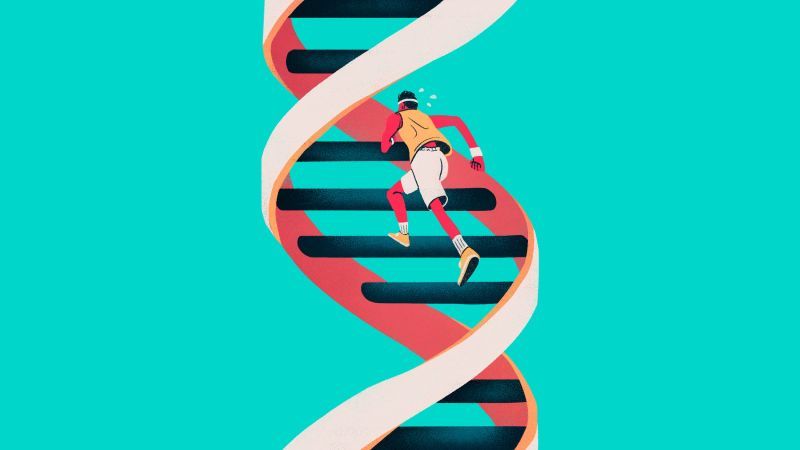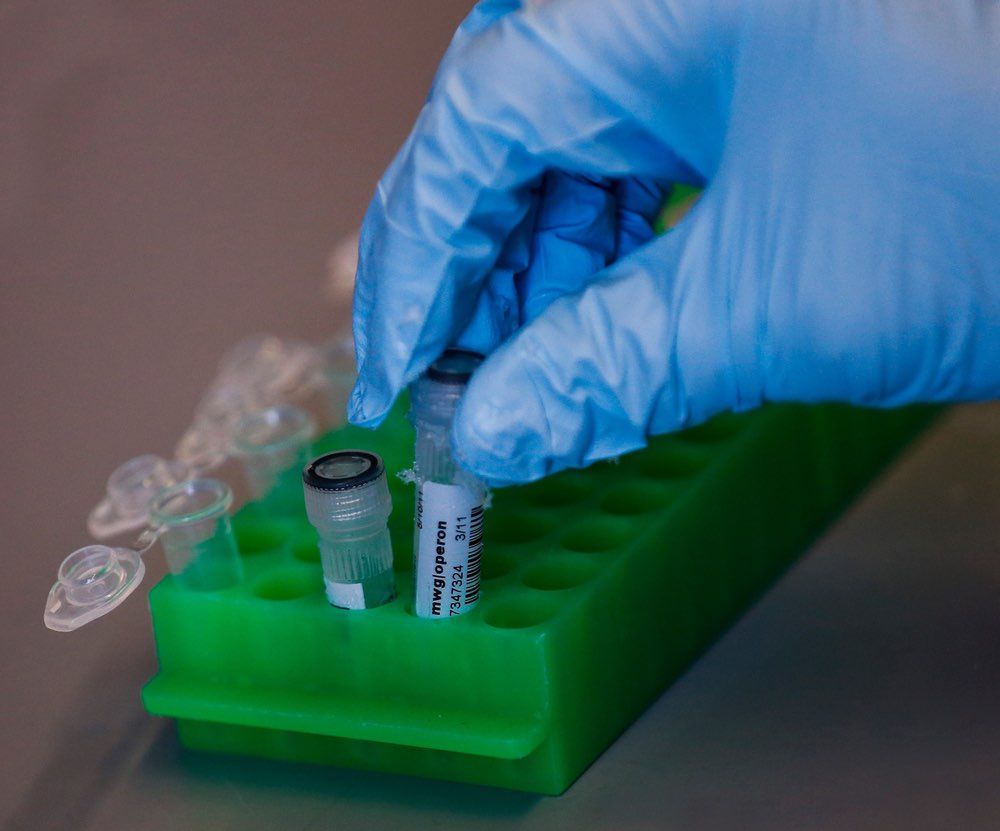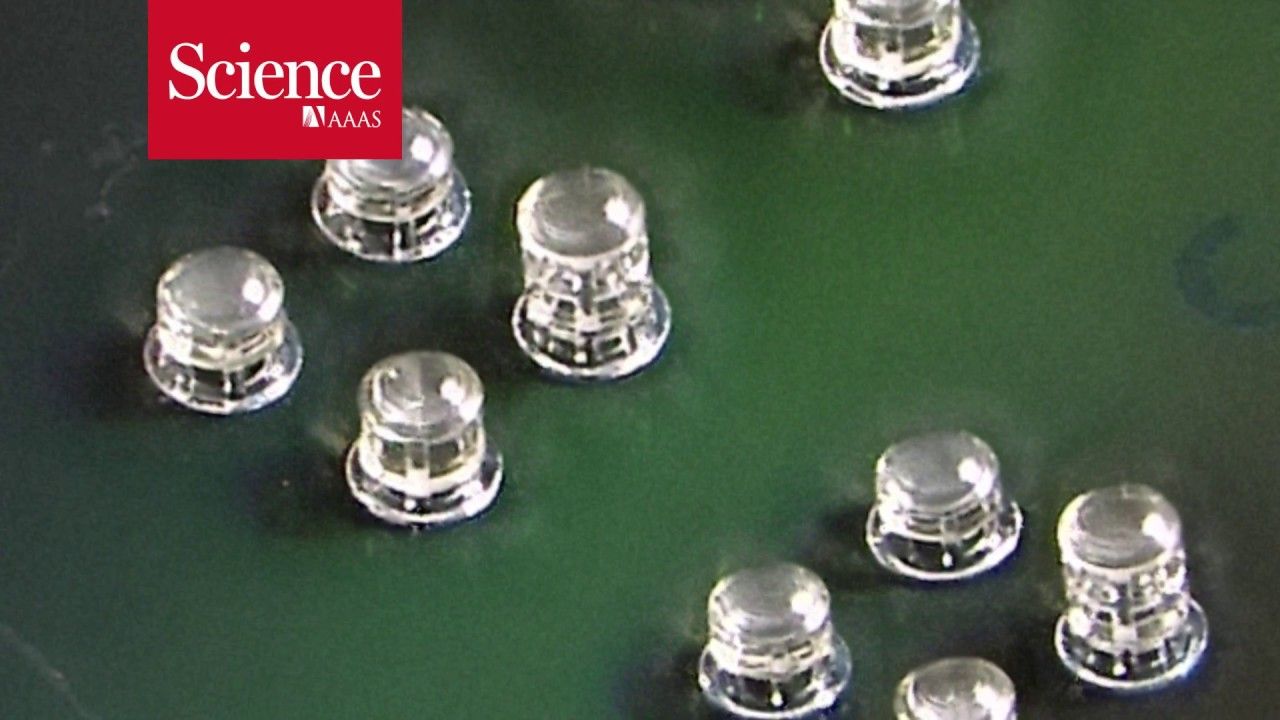Here’s my take on why the overpopulation objection to rejuvenation is morally unacceptable.
In this article, I’ll try to show that the overpopulation objection against rejuvenation is morally deplorable. For this purpose, whether or not the world is overpopulated or might be such in the future doesn’t matter. I’ll deal with facts and data in the two other articles dedicated to this objection; for now, all I want is getting to the conclusion that not developing rejuvenation for the sake of avoiding overpopulation is morally unacceptable (especially when considering the obvious and ethically more sound alternative), and thus overpopulation doesn’t constitute a valid objection to rejuvenation.
I’ll start with an example. Imagine there’s a family of two parents and three children. They’re not doing too well financially, and they live packed in a tiny apartment with no chances of moving somewhere larger. Clearly they cannot afford having more children, but they would really like having more anyway. What should they do?
The only reasonable answer is that they should not have any more children until they can afford having them. Throwing away the old ones for the sake of some other child to be even conceived yet would be nothing short of sheer madness.
Continue reading “Moral implications” »

















